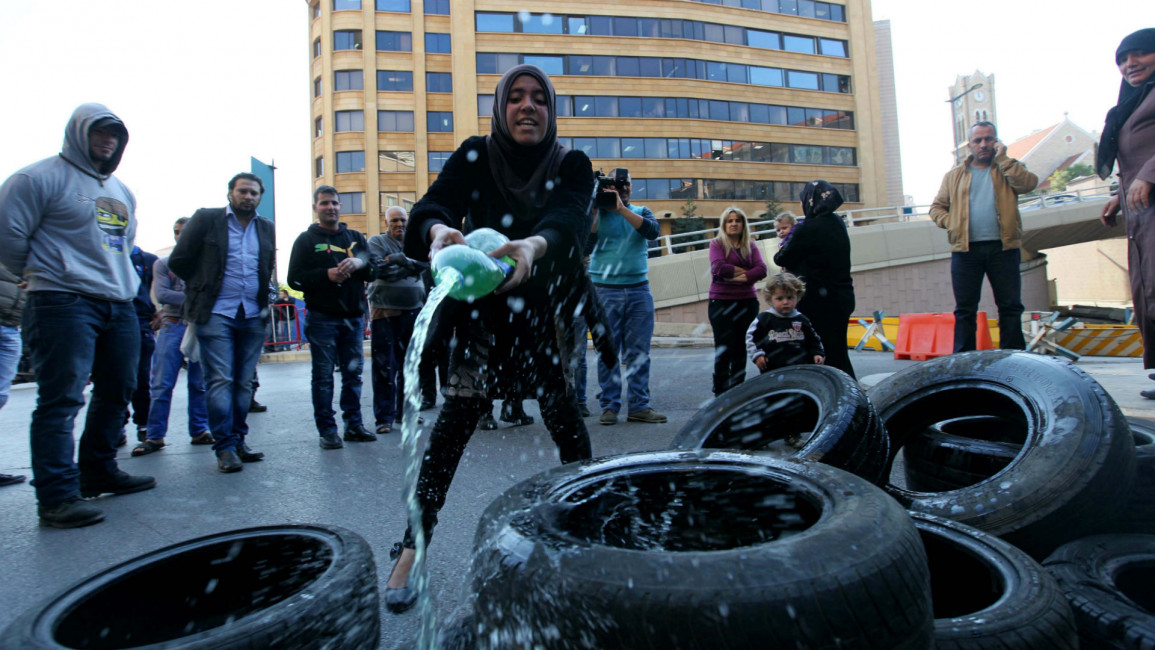Families of kidnapped soldiers told 'loved ones are dead'
Families of Lebanese soldiers abducted by the Islamic State group (IS, formerly known as ISIS) and al-Nusra Front have received chilling calls from someone suspected to be connected with the kidnappers, informing them that their government considers the soldiers dead.
One of soldiers being held by the extremists is Khaled Moqbel, whose wife picked up the phone to an anonymous caller.
She was told she was speaking to one of the kidnappers who said they had been informed by officials that the government considered the soldiers "dead".
The caller then instructed the families of the soldiers to completely block the northern entrance of Beirut, in the Saifi area.
Families proceeded to block roads in the Lebanese capital by setting fire to tyres in front of the government compound in Beirut. They then threatened to escalate their protests if their demands were not met.
According to the father of one abducted soldier, Mohammed Youssef, he was told by Wael Abu Faour, a member of a crisis committee dealing with the situation, that the Lebanese government believes the soldiers have been executed.
Youssef's father called upon families to stop criticising leaders and accept the Association of Muslim Scholars as delegates in the negotiations.
"[This would] allow them to conduct a humanitarian exchange that would ensure the freedom of the soldiers."
The Lebanese army yesterday held Sheikh Husam al-Ghali, a member of the Association of Muslim Scholars, and his two Syrian armed escorts, while they were on their way to Jroud Arsal to get a commitment from the abductors to cease their threats to kill the soldiers.
Ghali was released late last night, however his two escorts remain in detention.
This article is an edited translation from our Arabic edition.



